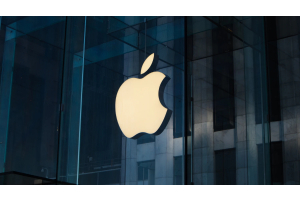Machine Learning: Transforming Tech Shops and Beyond

Machine learning (ML) has become a driving force in the tech industry, revolutionizing the way businesses operate, make decisions, and engage with customers. In this article, we’ll explore what machine learning is and delve into its impact on tech shops.
At its core, machine learning is a subset of artificial intelligence (AI) that enables systems to learn from data and improve their performance over time without being explicitly programmed. Instead of following rigid rules, ML algorithms adapt and evolve based on patterns and examples.
Impact on Tech Shops
1. Personalization and Customer Experience
Tech shops leverage ML to create personalized experiences for their customers. Here’s how:
- Recommendation Engines: ML algorithms analyze user behavior, preferences, and historical data to recommend relevant products. Think of platforms like Amazon suggesting items based on your browsing history or Netflix recommending shows you might enjoy.
- Chatbots and Virtual Assistants: ML-powered chatbots handle customer inquiries, provide real-time support, and enhance user interactions. They learn from each conversation, improving their responses over time.
2. Inventory Management and Supply Chains
- Demand Forecasting: ML models predict demand patterns, helping tech shops optimize inventory levels. By understanding when and what products customers are likely to buy, retailers can reduce overstocking or stockouts.
- Supply Chain Optimization: ML algorithms optimize logistics, route planning, and inventory replenishment. This streamlines operations, reduces costs, and ensures timely product availability.
3. Fraud Detection and Security
- Anomaly Detection: ML identifies unusual patterns in transactions, flagging potential fraud. For tech shops, this means safeguarding customer data and preventing unauthorized access.
- Cybersecurity: ML helps detect and prevent cyber threats by analyzing network traffic, identifying vulnerabilities, and predicting attack vectors.
4. Pricing Strategies
Dynamic Pricing: ML adjusts prices based on real-time factors such as demand, competitor pricing, and customer behavior. This ensures competitive pricing and maximizes revenue.
5. Product Development
Predictive Analytics: ML analyzes market trends, customer feedback, and competitor data to inform product development. It helps tech shops create products that resonate with their target audience.
Machine learning is no longer a futuristic concept—it’s woven into the fabric of tech shops worldwide. As ML continues to evolve, businesses must embrace its potential to stay competitive, enhance customer experiences, and drive innovation.





